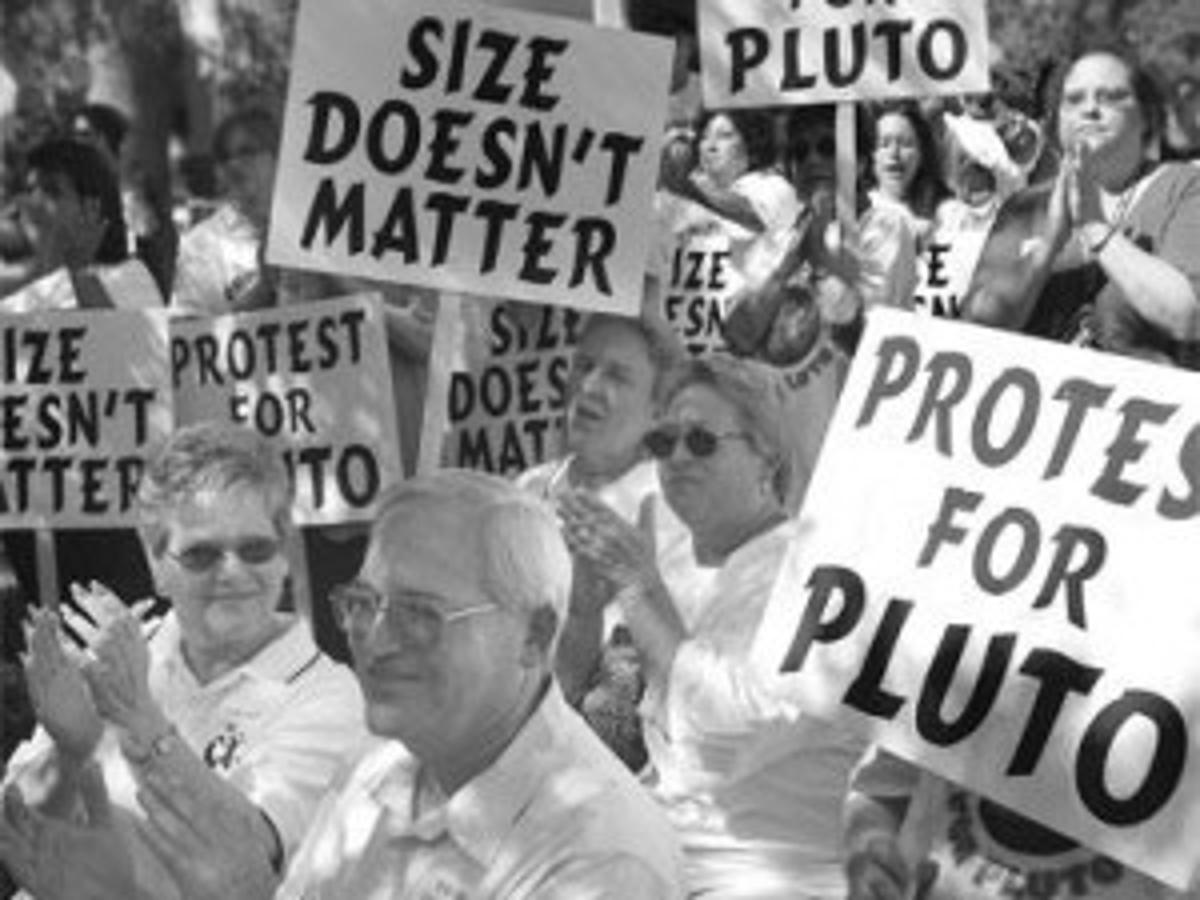azpilot
Line Up and Wait
- Joined
- Jul 27, 2015
- Messages
- 821
- Display Name
Display name:
azpilot
Has anyone here flown into Flagstaff Arizona? KFLG?
My 9 year old son is on fall break. I'm thinking of flying up to KFLG on Sunday and taking him to the Lowell Observatory. He loves all things science and has been asking me to take him flying.
I've never been into KFLG. Any recommendations, hints, or tips on navigating the airport? It looks like Wiseman is the only FBO. Is there any free transient parking I can use? What about getting around town? I'm thinking we'll just take an Uber from the airport to the Observatory. It looks like it's just a few miles.
My 9 year old son is on fall break. I'm thinking of flying up to KFLG on Sunday and taking him to the Lowell Observatory. He loves all things science and has been asking me to take him flying.
I've never been into KFLG. Any recommendations, hints, or tips on navigating the airport? It looks like Wiseman is the only FBO. Is there any free transient parking I can use? What about getting around town? I'm thinking we'll just take an Uber from the airport to the Observatory. It looks like it's just a few miles.





